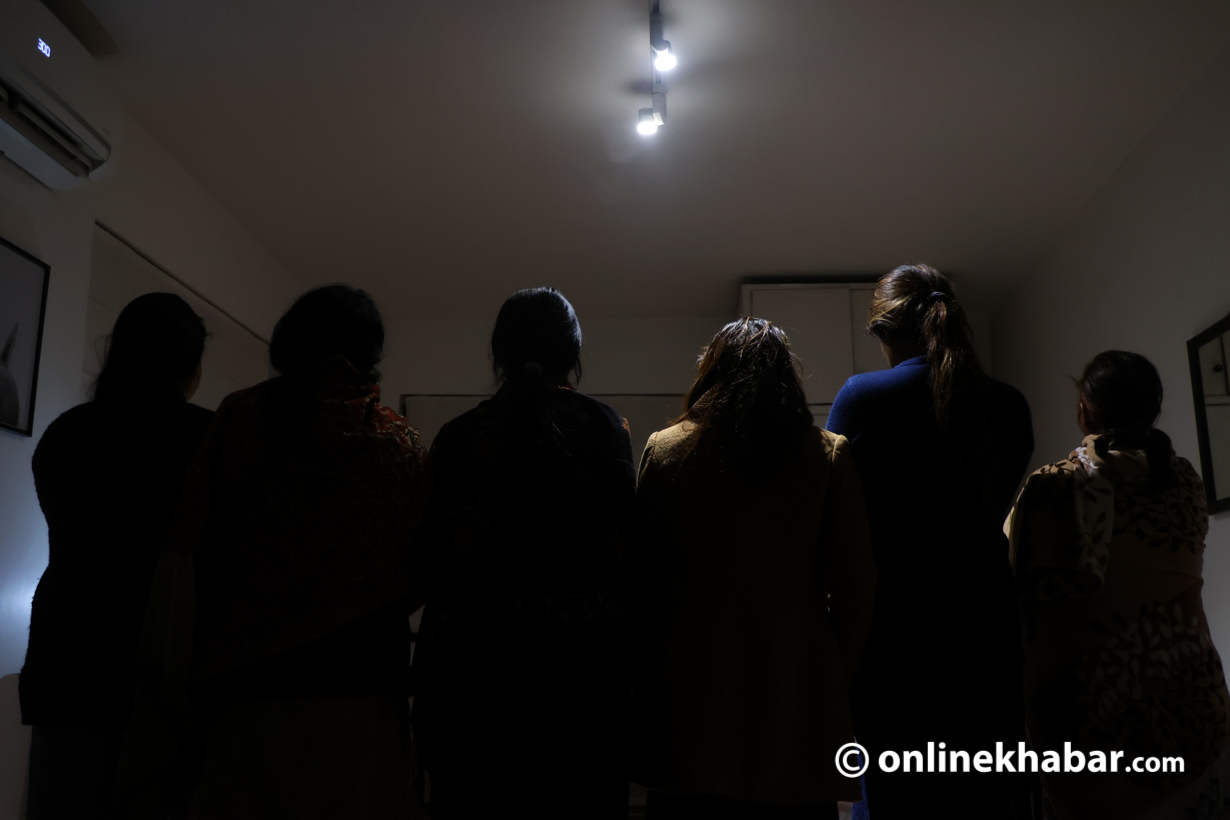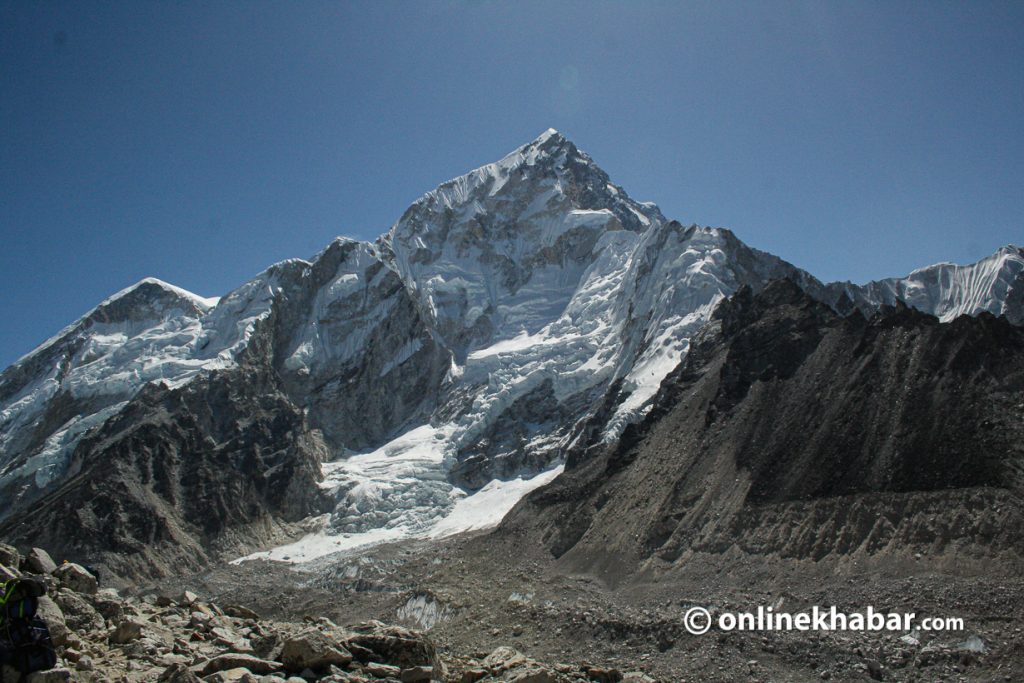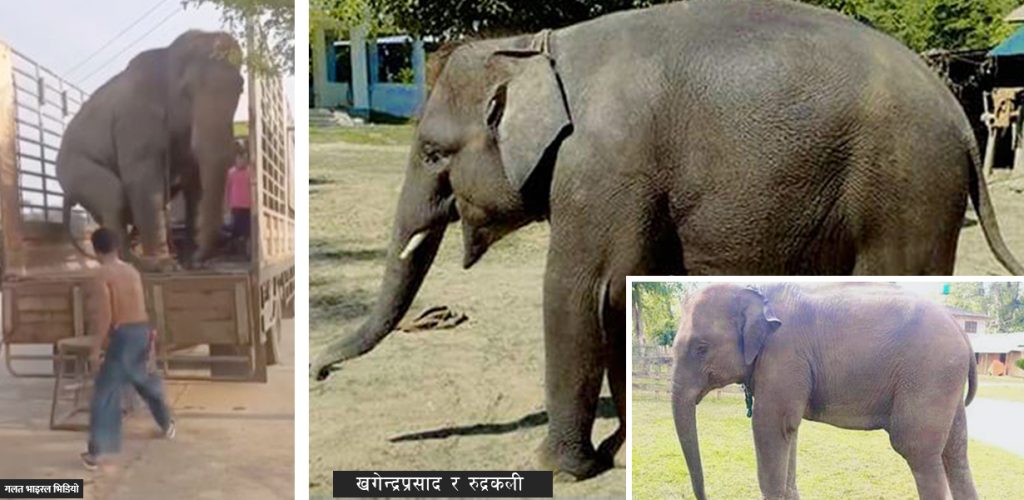The second Constituent Assembly promulgated Nepal’s constitution on September 20, 2015. Most of countries of the world welcomed the constitution, but India did not and has not done so until now. It wanted to make the constitution fulfill its expansionist objectives. Major political parties of Nepal—Nepali Congress, CPN-UML and CPN-Maoist Centre–were under the pressure of Indian ruling class to make the constitution according to the Indian design. But they went ahead and made the constitution ignoring the directives from India. Perhaps it was the first time in the political history of Nepal that parties showed such courage to go against the Indian pressure.
Then, the Indian ruling class put forward seven suggestions for amending the constitution of Nepal. After Nepal did not heed the suggestions, it imposed the border blockade that last for around six months. In the meantime, the Madesh-centric parties also launched a movement in Tarai to repeal the constitution or to make amendments according to Indian suggestions. The Madhesh-centric parties, however, failed to represent sentiments of Madheshis as they demanded one or two provinces in the region that would be not connected to hills. Their demand was guided by the grand strategy of making Tarai independent from Nepal and ultimately merging into the Indian Union.
They give emphasis on delineating election constituents on the basis of population only. It is worth to mention here that constituencies in India too are not decided on the basis of population only. The geographical aspect is also taken into consideration in hills and remote area, and that is a system followed across the world. Such demand was guided by the objective of ensuring their majority in Parliament as 51 per cent of population of Nepal lives in Tarai. They also want to liberalise the citizenship law. The motive behind the emphasis on liberalising the citizenship law is to open the door to Indian citizens to become citizens of Nepal in a large number and make Nepal the second Fiji.

Notwithstanding the Indian pressure, the KP Sharma Oli-led government signed many treaties and agreements with China so as to end the country’s trade dependence on India. All these treaties were to strengthen the position of Nepal politically or economically against pressure or blockade imposed by India towards Nepal. So, such an extension of relation of Nepal with China made India aggressive towards Nepal. During the visit of Oli to India, even a joint statement was not issued. The pressure of Indian government to convince Oli to accept amendments to the constitution also did not have any result because of the stand taken by Oli against that.
But, the government did not last long as India succeeded to break the partnership between UML and Maoist Centre. Then, the coalition government was formed with the partnership of Nepali Congress and Maoist Centre. The Prime Minister Prachanda tabled a constitution amendment bill intended to fulfill the expansionist objective of India, but it failed. It was a big blow to both India and the coalition government. After nine months, according to an agreement reached between NC and MC, Prachanda handed over power to Sher Bahadur Deuba, the president of Nepali Congress. After the failure of Prachanda government, it seems, the Deuba government was determined to serve the interest of India by making Parliament endorse the bill by two-third majority. But, the House has already been dissolved. So, it has become a responsibility of all political forces to defeat the alliance led by Nepali Congress to foil its attempts to endorse the bill after upcoming elections.
Now, the UML and the Maoist Centre have formed an election alliance and say they will unify the parties after the elections. Because of their revisionist character, they will not be able to make a united communist party. However, their alliance should be taken as a positive step as it helps to defeat Nepali Congress in the elections. Nonetheless, in spite of the step of Prachanda against NC led by Deuba, the question remains still to be answered whether he (Prachanda) will insist the pro-Indian stand taken during his period of collaboration with the NC or he will shift from his former position. It will be clear in the coming days.
For now, considering the greater interest of republic, nationality and secularism, we wish for the success of UML-Maoist alliance against the Congress in the polls. We shall enter into unity in action with them to fulfil this task in spite of many fundamental differences with both the parties.
Under the rule of Deuba, the republic, nationality, secularism are in serious danger. Royalists are raising voices to restore the monarchy and to make Nepal a Hindu nation. They are in the government under Deuba. A large section of Nepali Congress also supports these agendas. The Modi government of India is working in a planned way to make Nepal a Hindu nation and restore monarchy here. Deuba is also determined to endorse the failed constitution amendment; but we think it will be the first step to separate Tarai from the country. If Deuba’s party or his coalition wins the two-third majority in the elections, the amendment will be passed and it will be a heavy blow to our nationality and independent existence as well as other achievements of people’s movements. How far the political forces of Nepal become serious and honest on it will determine the future of Nepal.
What we have mentioned above is a part of our tactics for the time being. However, while giving emphasis on these tactics, the democratic and national movement of Nepal, we shall and should never overlook the strategic responsibility we have before us. The fundamental problems of people will not be solved unless and until a new democratic revolution under the leadership of proletariat class succeeds. But considering upon the national and international situation we have before us, we shall have to go a long way to achieve the strategic goal. Only a correct handling of tactics, which always demands the concrete analysis of concrete situation, will enable us to prepare the ground by raising the level of people’s consciousness, organisation and the movement and thus ultimately make the New Democratic Revolution a success.
We appeal to all the revolutionary forces and the people of the world to support the democratic and national movement which is going on in Nepal at present.
Singh is the General Secretary of CPN-Mashal.























